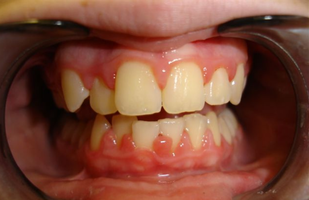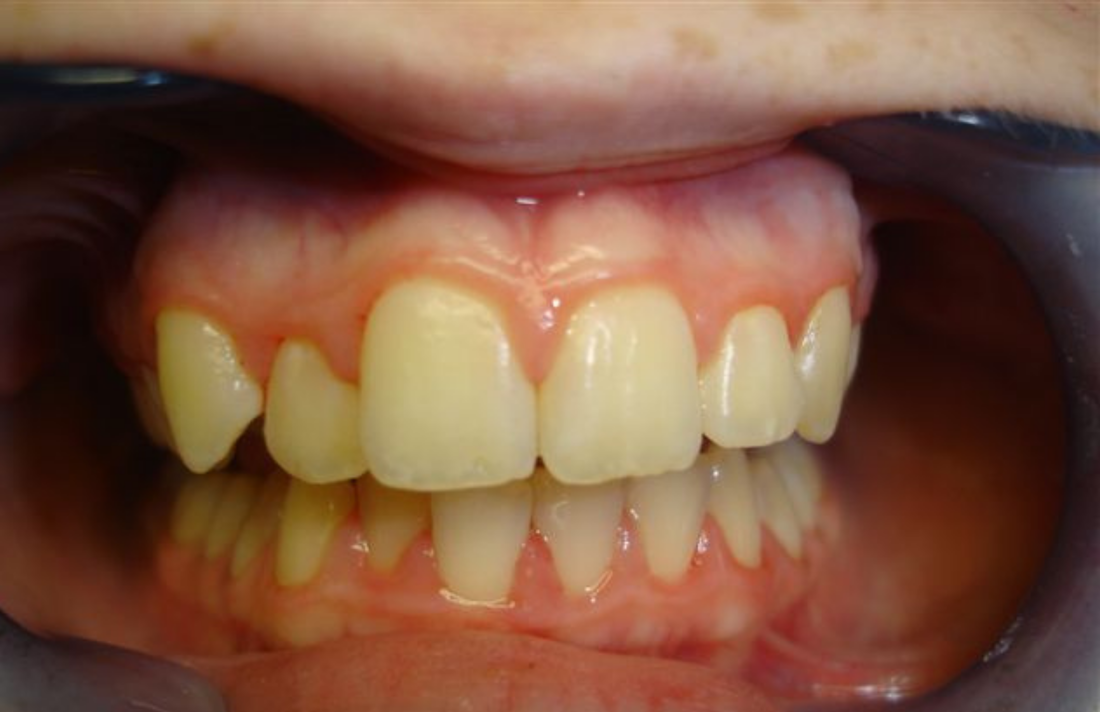|
Our patients' many challenges range from simple ones, such as everyday care, to complex ones like chemotherapy or radiation. Help may be just a swish away if they need it. Professional mouth rinses are one of the most underutilized types of products in the dental field, and they are specifically designed to help our patients through some of these challenges. These mouthwashes aren't like the ones your grandparents used, yet they are still effective for bad breath. The rinses of today are supported by science and research. Some contain ingredients that break up biofilm and eliminate bacteria, viruses, fungi, and volatile sulfur compounds, which play a detrimental role in periodontal disease and wound healing.
Let's explore eight ways rinses can tackle some of the difficulties that are given to you and your patients. Challenge Number 1- Everyday Care We all advise our patients to brush and floss their teeth, but as we all know, they don't do a very good job of it. In 2014, a Delta Dental survey found that only four out of ten Americans floss at least once a day, while two out of ten never floss. Additionally, the patients who floss are urged to do it properly. You already know that flossing involves creating a C-shape around each tooth and sliding the floss up and down to remove bacteria. The question is how many of your patients do that correctly? Patients who don't floss or who do it incorrectly may benefit from professional rinses. Please understand that I am not saying that flossing is not vital; nonetheless, I see so many patients who floss poorly or not at all (even after they have had in-chair instruction). Furthermore, neither flossing nor brushing is antibacterial; they are just mechanical. Here, the appropriate rinse might aid in preventing plaque buildup. Rinses can also get to places that brushing and flossing can't, such as the tongue, the floor of the mouth, and any other crevice in the mouth where germs hide and thrive. Challenge Number 2- Plaque Reduction Bacteria form a matrix and create biofilm as a result. This also makes it possible for other germs to attach to the tooth, such as viruses, fungus, and different kinds of bacteria. Many solutions can kill a single strain of bacteria; however, few rinses actually break up biofilm and destroy the remaining bacteria. Dental plaque is a biofilm that can cause significant damage to the oral environment when not adequately removed. Plaque can be significantly reduced by rinses that dislodge biofilm, especially in compromised patients, children, and patients wearing braces. Challenge Number 3- Periodontal Therapy There are many variables that can lead to periodontal disease. We prefer to hone in on bacteria, but we must recognize that studies suggest viruses, fungus, and volatile sulfur compounds are all involved when dealing with any sort of gingivitis or periodontitis. Patients can achieve their ideal outcomes by acknowledging these extra factors during treatment and figuring out simple ways to get rid of them. Plaque and calculus must also be eliminated so that the gingiva can properly recover. Professional rinsing should eradicate volatile sulfur compounds, bacteria, viruses, and fungi without leaving behind stains or calculus. Challenge Number 4- Bad Breath I think we all know that rinses can help with bad breath. However, most over-the-counter rinses simply mask the issue or focus only on killing bacteria. You must kill bacteria and their excretions, which are volatile sulfur compounds (VSCs), if you want to get rid of bad breath. If you've ever come across a patient with halitosis, you are already familiar with the smell that VSCs can provide. The mouth is filled with bacteria and VSCs, particularly on the tongue and beneath the gingiva. By destroying germs and VSCs, the correct rinse can eliminate bad breath for eight to twelve hours. Challenge Number 5- Tissue Management After Surgery The mouth is one of the hardest places to heal after procedures like extractions and implant placements. The mouth cavity is a good environment for bacteria, viruses, fungus, and VSCs. It's also a location where it's challenging to keep wounds clean and dry. This is why professional rinses can speed up healing by assisting in the battle against bacteria and their byproducts. Additionally, it takes the gingiva 32 to 34 days to recover, making it crucial to have a rinse that can be used consistently over an extended period of time. Challenge Number 6- Fungal Infections The mouth is damp and dark. Fungi flourish in the mouth cavity because of this. Although candidiasis, a common fungus, can affect any patient, it is more common in infants, people with immune system disorders, and the elderly, particularly those who wear dentures. Another fungus infection that affects the corners of the mouth is angular cheilitis. These diseases can be cured in a few days with the help of contemporary rinses that kill fungi. Challenge Number 7- Pre Rinsing I believe it is common knowledge that patients should be pre rinsed before every surgery. We should do this for three reasons: (1) to affect the working environment, (2) to avoid patient-to-patient cross-contamination, and (3) to prevent patient-clinician cross-contamination. Before we start working, we should strive to eliminate as many bacteria as possible because the handpieces we use emit aerosols that contain millions of them. Use a rinse that kills both bacteria and viruses as you practice. Many individuals I speak with use a rinse that simply kills bacteria, but viruses are a major threat when we're concerned about cross-contamination. Challenge Number 8- Cancer Care More than 1.5 million new cases of cancer are diagnosed each year, and many patients receive chemotherapy, radiation, or even a combination of the two. The oral mucosa suffers greatly as a result. Many of these patients have dry mouth, burning, and uncomfortable sores. The appropriate rinse, used daily, can significantly lower these problems and keep patients more comfortable. In conclusion, a professional rinse must get rid of bacteria, fungi, viruses, VSCs, and biofilm in order to handle all of these problems. Additionally, because gingiva takes 32–34 days to heal, it must be safe enough to be used every day. There are rinses on the market that address some of these problems, but OraCare is the only one that provides a fix for all eight problems. These microorganisms are eliminated by the active ingredients in OraCare, activated chlorine dioxide and xylitol, which are safe to use daily and do not stain teeth or create calculus. Professional rinses should be an integral part of preserving and improving your patients' oral health, whether you use OraCare or a solution created especially to treat one of the issues mentioned above. You can learn more about OraCare's revolutionary health rinse at www.OraCareProducts.com or by calling 855-255-6722.
0 Comments
|
Kristin Goodfellow RDHKristin is Chief Clinical Officer of OraCare, a practicing Registered Dental Hygienist Archives
August 2023
Categories |
1-855-255-6722OraCare is made in the USA.
|
OraCare© COPYRIGHT 2015. ALL RIGHTS RESERVED.



 RSS Feed
RSS Feed